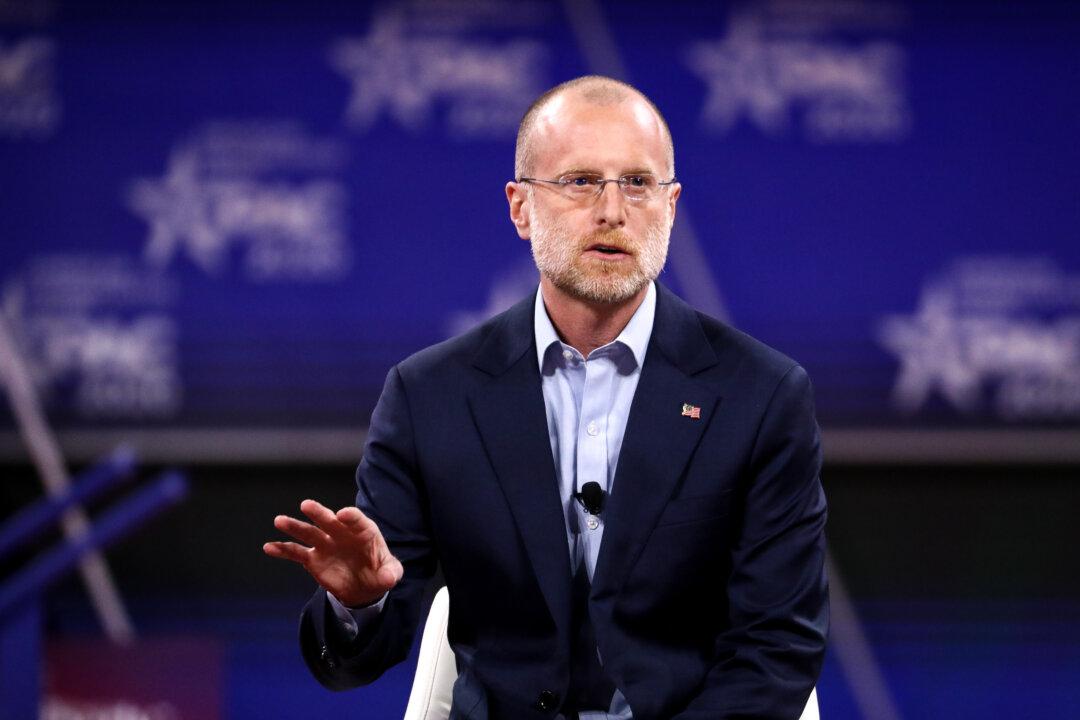A top Federal Communications Commission (FCC) official said he’s optimistic that “more free speech” will result from a successful Elon Musk takeover of Twitter, a global social network with more than 400 million monthly users.
FCC Commissioner Brendan Carr told NTD’s Paul Greaney on April 25 that he hopes Musk will “follow through on [his] commitment to free speech” because “at the end of the day, we want more speech, not less.”




